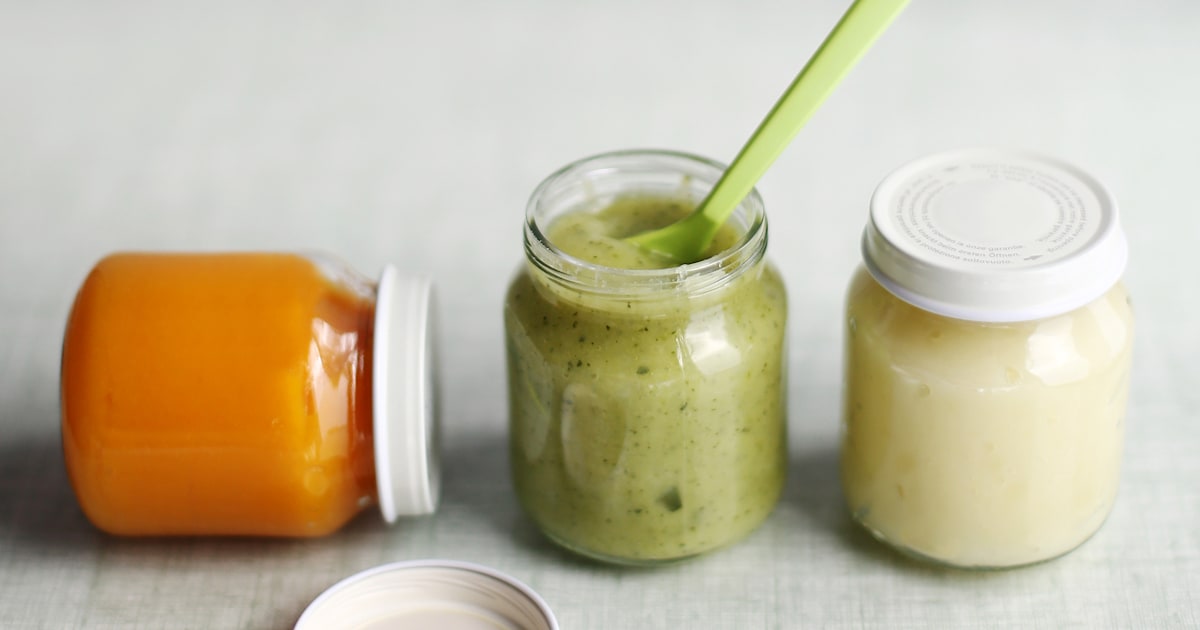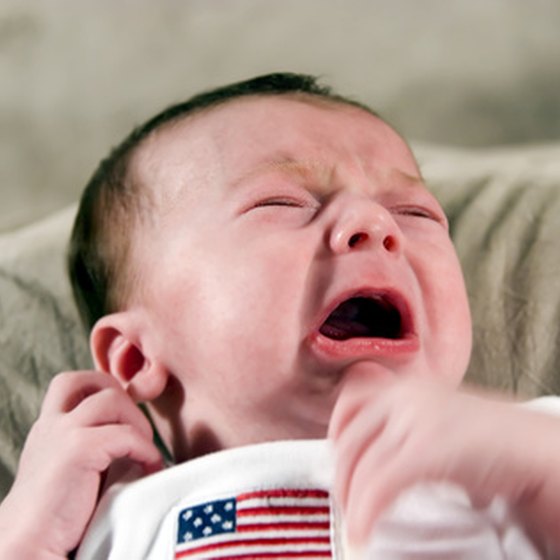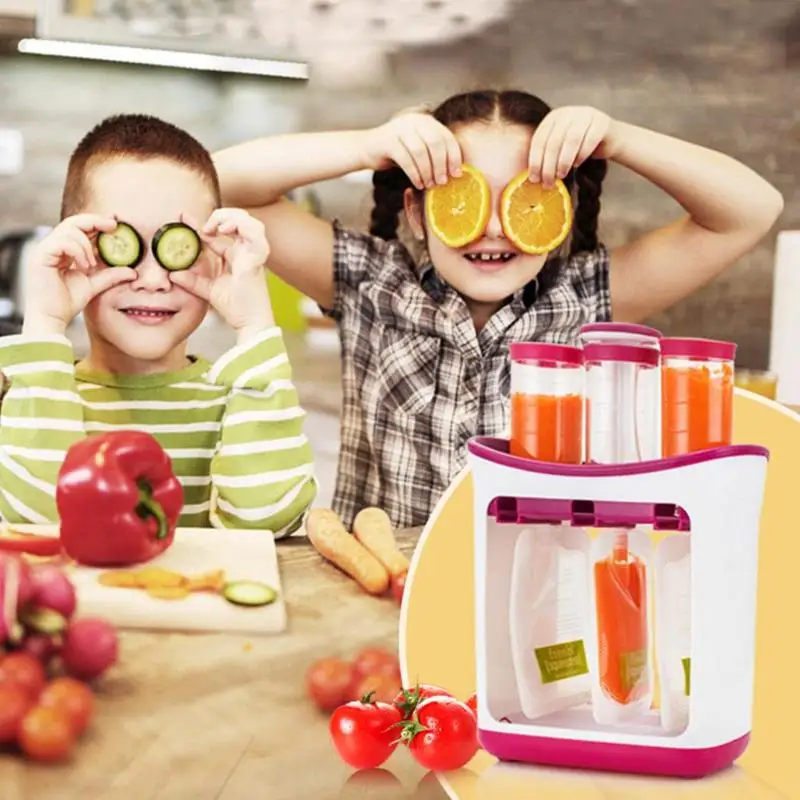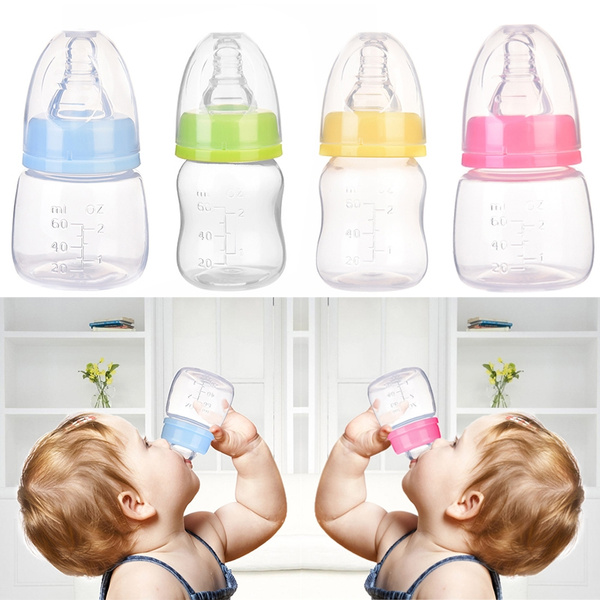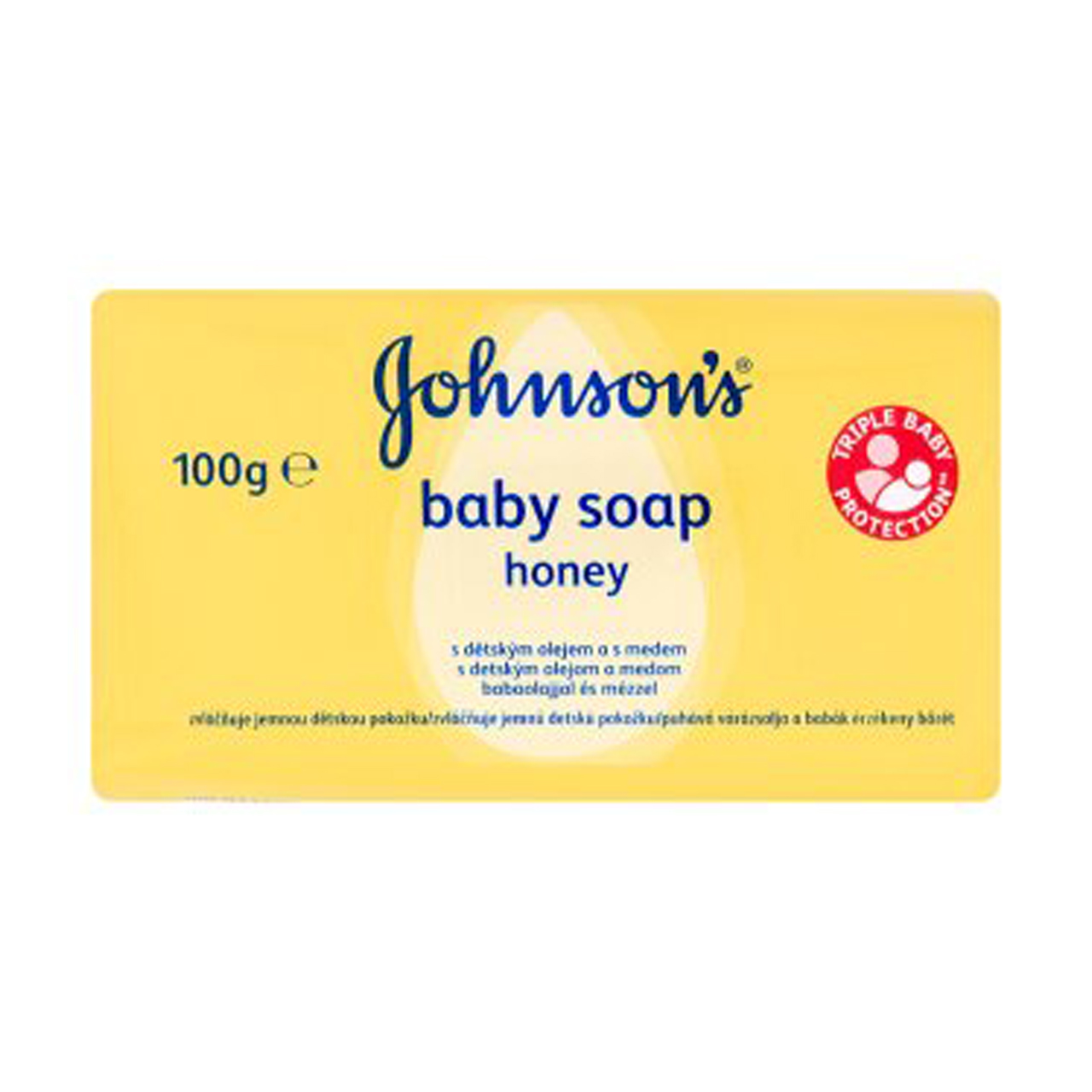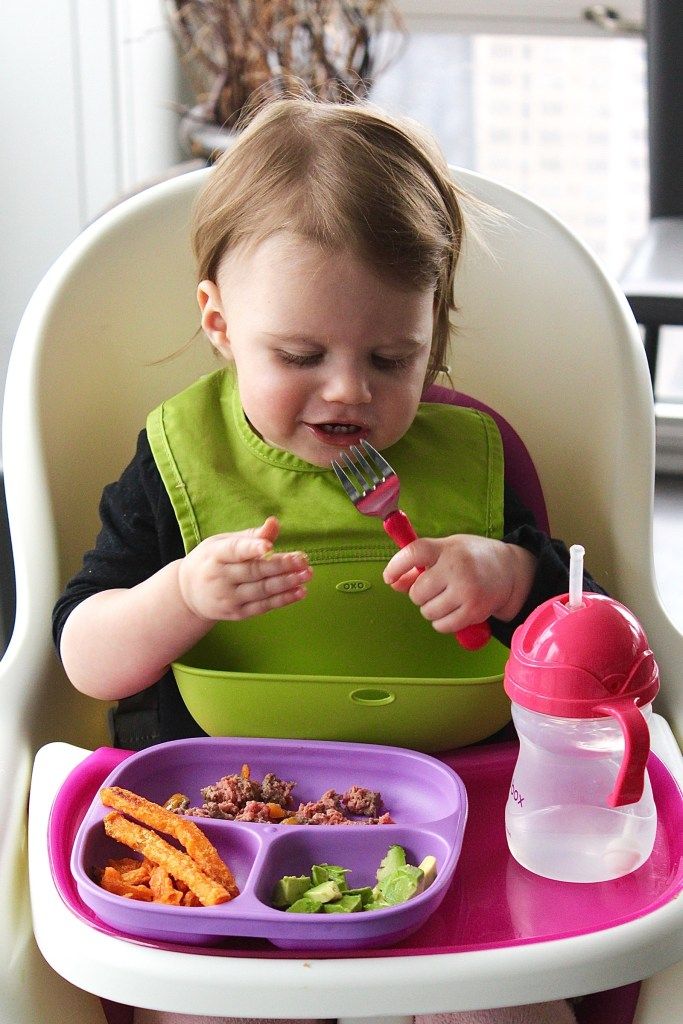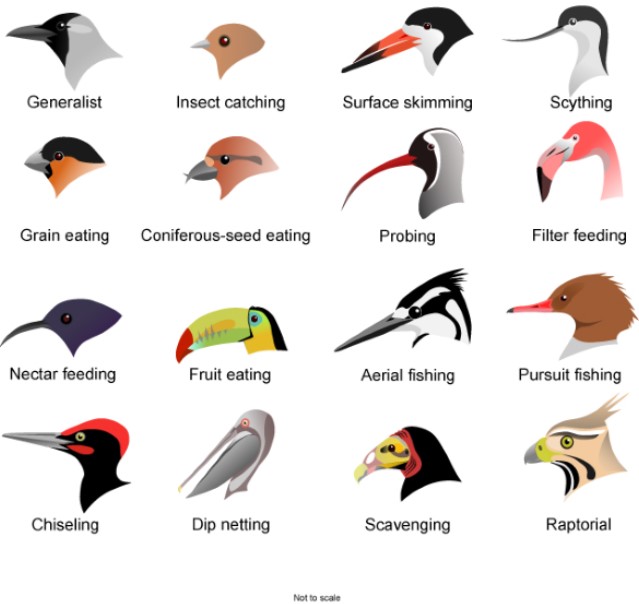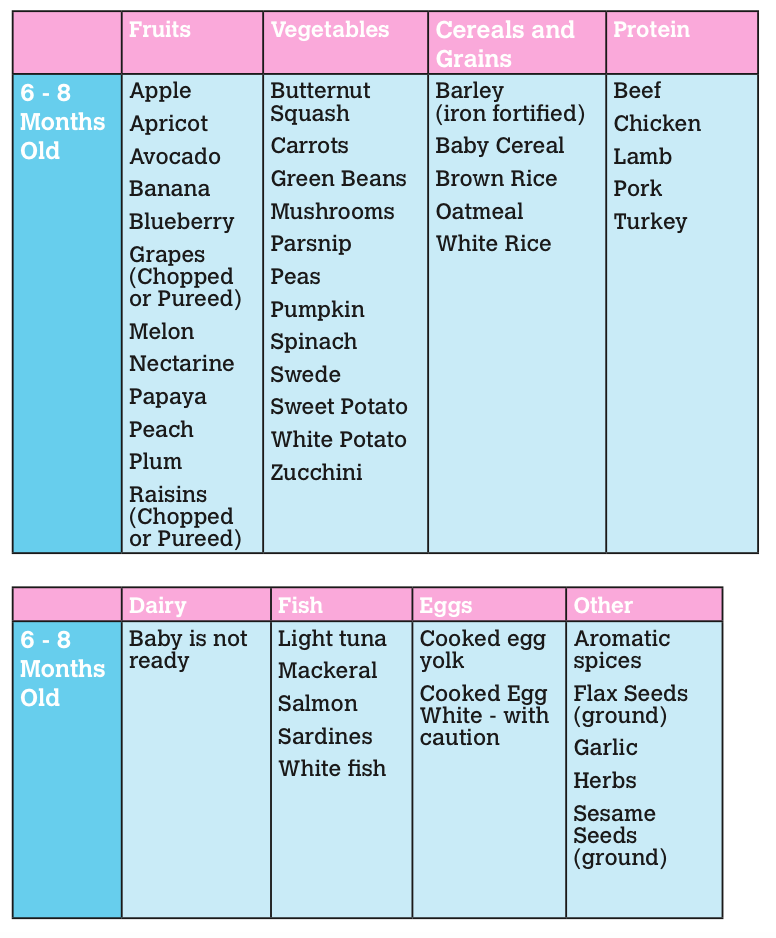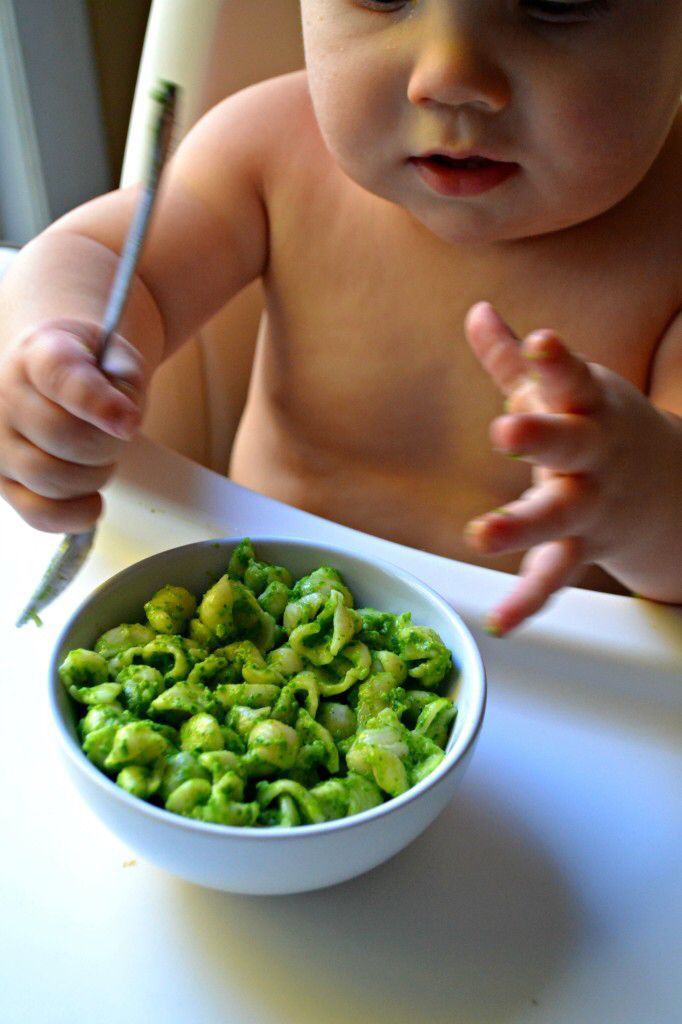Toxic metals in baby food
Heavy Metals in Baby Food
Log in | Register
Ages & Stages
Ages & Stages
Listen
Español
Text Size
News about heavy metals found in baby food can leave parents with a lot of questions.
Here's some information from the American Academy of Pediatrics about the risk of toxic metal exposure to children, and how to help minimize it.
Can heavy metals in baby food harm my baby?
The low levels of heavy metals found in baby foods likely are a relatively small part of a child's overall toxic metal exposure risk. However, exposure from all sources should be minimized. Toxic metal exposure can be harmful to the developing brain. It's been linked with problems with learning, cognition and behavior. But keep in mind that many genetic, social, and environment factors influence healthy brain development, and toxic metal exposure is just one of these factors.
How do heavy metals get into foods?
Metals are found naturally in the Earth's crust. They also are released into our environment as pollution and get into the water and soil used to grow food. Metals can also get into food from food manufacturing and packaging. Some of the most common metals that get into food, according to the U.S. Food & Drug Administration, include inorganic arsenic, lead, cadmium and mercury.
How can I reduce my baby's exposure to toxic metals?
Stronger rules and regulations for testing and limiting the amount of heavy metals in foods for babies and toddlers are most important. But there are several steps parents can take now to reduce the risk that kids will be exposed to toxic metals in their diet, and from other sources:
Serve a variety of foods.
 Give your child a well-balanced diet that includes a variety of fruits, vegetables (wash in cool water before preparing and serving), grains and lean protein. Eating a variety of healthy foods that are rich in essential nutrients can lower the exposure to toxic metals and other contaminants found in some foods.
Give your child a well-balanced diet that includes a variety of fruits, vegetables (wash in cool water before preparing and serving), grains and lean protein. Eating a variety of healthy foods that are rich in essential nutrients can lower the exposure to toxic metals and other contaminants found in some foods.Read the labels. Multi-ingredient baby food blends may be a good option. Be aware that many have the same first or second ingredient, though. Different flavor blends, like kale/pear and spinach/pumpkin, for example, may actually both have sweet potatoes as their first ingredient. It's important to read the ingredients label to be sure you are offering a true variety of foods.
Switch up your grains. Fortified infant cereals can be a good source of nutrition for babies, but rice cereal does not need to be the first or only cereal used. Rice tends to absorb more arsenic from groundwater than other crops. You can include a variety of grains in your baby's diet, including oat, barley, couscous, quinoa, farro, and bulgur.
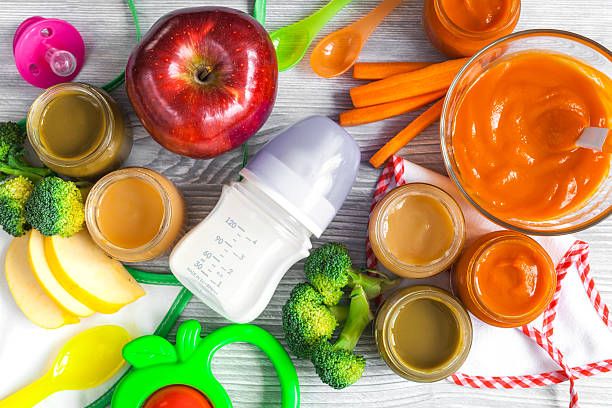 Multi-grain infant cereals can be a good choice. Try to avoid using rice milk and brown rice syrup, which is sometimes used as a sweetener in processed toddler foods.
Multi-grain infant cereals can be a good choice. Try to avoid using rice milk and brown rice syrup, which is sometimes used as a sweetener in processed toddler foods.
Check your water. Heavy metals can get into tap water: for example, arsenic can contaminate well water, and older pipes may contain lead. You can contact your local health department to have your water tested if this is a concern.
Breastfeed if possible. Breastfeeding, rather than formula feeding, also can help reduce exposure to toxic metals. The American Academy of Pediatrics (AAP) recommends breastfeeding as the sole source of nutrition for your baby for about 6 months.
Avoid fruit juice. Offer toddlers and young children sliced or pureed whole fruits rather than juice. Some fruit juices can contain concerning levels of heavy metals. Plus, juice is high in sugar and not as nutrient rich as whole fruit. Stick with breast milk or formula for babies under 6 months old, and water and milk after they reach age 1.

Make healthy fish choices. Some types of fish can be high in a form of mercury called methylmercury, and other metals. Of most concern are large, predatory fish that eat other fish and live longer, such as shark, orange roughy, swordfish, and albacore/white tuna. Eating too much contaminated fish can harm a child's developing nervous system. But fish is also an excellent source of protein and other nutrients children need, and many are low in mercury. Look for better options like light tuna (solid or chunk), salmon, cod, whitefish, and pollock.
Variety is important for homemade baby food, too. There are several benefits to making your own baby food fresh at home: it can be cost-effective, avoids potential contaminants from processing or packaging, and you can choose the ingredients. But keep in mind that offering a variety of foods is just as important when making your own baby food as when shopping for prepared baby foods.

Address lead hazards in your home. There are other important ways to help reduce your baby's exposure to toxic metals. The most common source of lead exposure, for example, is from peeling or chipping paint from older homes. Soil, some cosmetics and spices, water, and certain occupations and hobbies can also be sources of exposure. Find more information about lead here.
Don't smoke or vape. Secondhand and thirdhand smoke from both regular and e-cigarettes, may expose children to metals such as cadmium and lead. Vaping allows toxic metals from the vape coils to get into the air and be inhaled. Secondhand smoke also contains harmful chemicals that can increase the risk of cancer.
Is organic baby food better?
Organic baby foods may have lower levels of certain pesticides and other chemicals. Because heavy metals are found in the soil and can get into prepared foods from processing, however,organic foods often contain similar levels of heavy metals as non-organic foods.
Should my baby be tested for heavy metal exposure?
Until more information about metals in baby foods becomes available, experts say there's no need to get children tested. Tests that look at a child's hair for toxic metal exposure also are not recommended, since this type of testing is scientifically unproven and often inaccurate.
Talk with your pediatrician
If you're concerned about heavy metals in baby food, talk with your pediatrician. Your regional
Pediatric Environmental Health Specialty Unit (PEHSU) have staff who can also talk with parents about concerns over environmental toxins.
More information
- Starting Solid Foods
- Choosing Healthy Snacks for Toddlers
- Ask the Pediatrician: Is it OK to make my own baby food?
- Food Additives: What Parents Should Know
- AAP: Babies Should Eat a Varied Diet to Protect Against Heavy Metals in Commercial, Homemade food
- Heavy Metals in Baby Food and Fruit Juice: Advice for Parents From Environmental Pediatricians
- Pediatric Environmental Health Specialty Units (PEHSUs)
- Last Updated
- 8/12/2022
- Source
- American Academy of Pediatrics (Copyright © 2021)
The information contained on this Web site should not be used as a substitute for the medical care and advice of your pediatrician. There may be variations in treatment that your pediatrician may recommend based on individual facts and circumstances.
There may be variations in treatment that your pediatrician may recommend based on individual facts and circumstances.
Homemade Baby Food Contains Toxic Metals, Too
Aug. 12, 2022 -- Homemade baby food contains as many toxic metals as food bought in the store, according to a new report released Thursday.
About 94% of homemade and store brands were contaminated with one or more toxic heavy metals. The heavy metal levels varied widely by food type, not by who made the food.
“We found no evidence to suggest that homemade baby foods made from store-bought produce are better than store-bought baby foods when it comes to heavy metal contamination,” Jane Houlihan, the paper’s co-author and research director for Healthy Babies, Bright Futures, told CNN.
The group, which is an alliance of nonprofits, scientists and donors, has a mission of reducing babies’ exposures to neurotoxic chemicals.
“Toxic metal exposure can be harmful to the developing brain.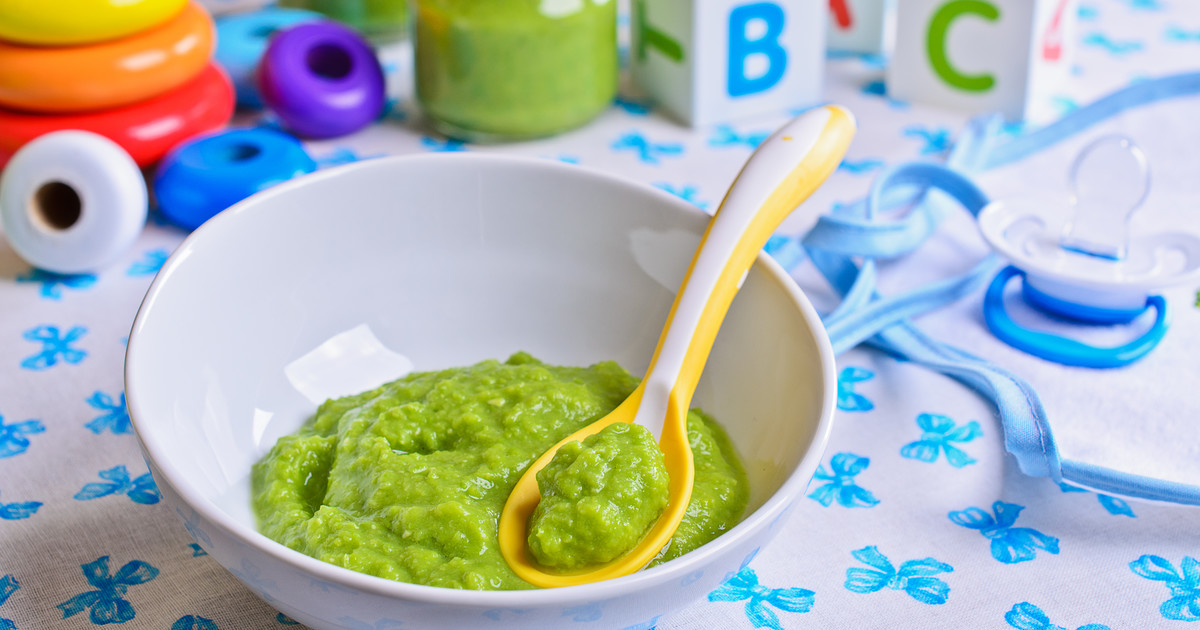 It’s been linked with problems with learning, cognition, and behavior,” according to consumer-focused information from the American Academy of Pediatrics. “But keep in mind that many genetic, social, and environment factors influence healthy brain development, and toxic metal exposure is just one of these factors.”
It’s been linked with problems with learning, cognition, and behavior,” according to consumer-focused information from the American Academy of Pediatrics. “But keep in mind that many genetic, social, and environment factors influence healthy brain development, and toxic metal exposure is just one of these factors.”
Houlihan and colleagues tested 288 foods bought at stores and farmers markets across the U.S., including grains, fruits, vegetables, snacks, teething foods and family items that babies eat, such as cereals and rice cakes. They tested for four major heavy metals — lead, arsenic, mercury and cadmium — that are among the WHO’s top 10 chemicals of concern for infants and children. They also looked at data from 7,000 food tests reported in published studies and by the FDA.
The researchers found that 94% of foods contained detectable amounts of one or more toxic heavy metals. Lead was found in 90% of manufactured baby food and 80% of store-bought family food and homemade purees.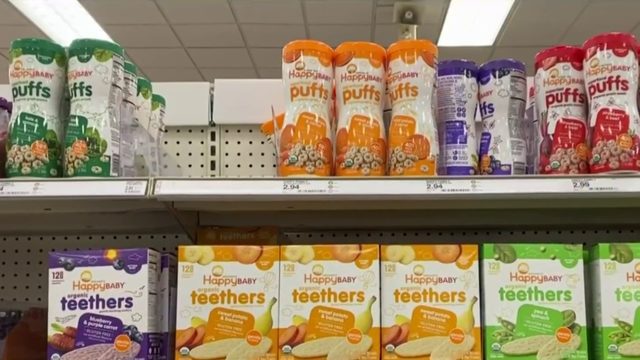
In addition, arsenic was found in 68% of store-bought baby food and 72% of family food either purchased or prepared at home. Cadmium was found in 65% of purchased baby food and 60% of family foods. Mercury was found in 7% of store-bought baby food and 10% of family foods.
The new report is a follow-up to a November 2019 report by Healthy Babies, Bright Futures, which tested 168 foods purchased from major baby food manufacturers. The analysis found 95% of store-bought baby food contained lead, 73% contained arsenic, 75% contained cadmium and 32% contained mercury. About one-fourth of the foods had all four heavy metals.
“After that report, we saw so many people saying you can get around this problem by making your own baby food at home, so we decided to check,” Houlihan told CNN. “We suspected we’d find heavy metals in all kinds of food because they’re ubiquitous contaminants in the environment.”
Healthy Babies, Bright Futures created a new parent’s guide of popular baby foods to serve, limit and avoid based on the tests.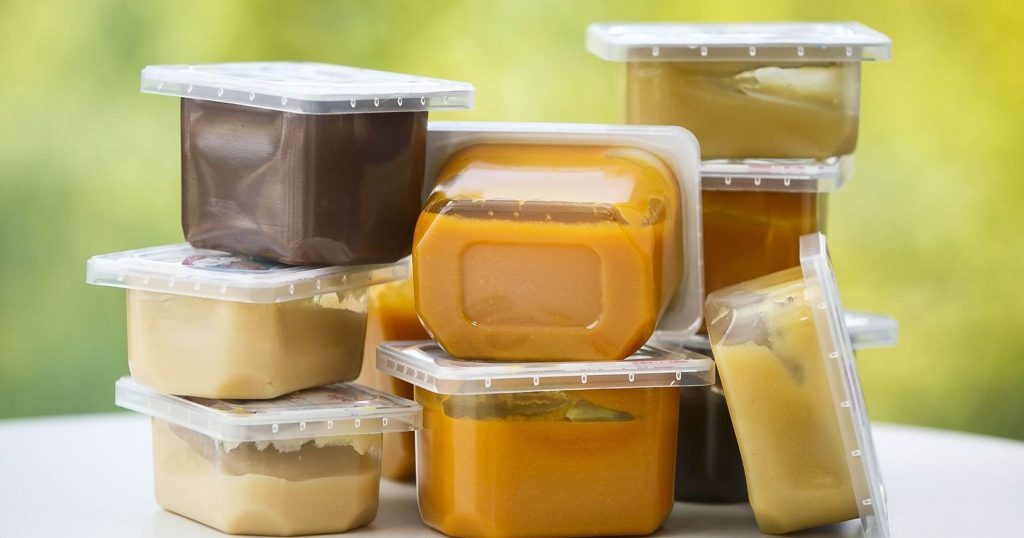
Four popular rice-based foods — crisped rice cereal, brown rice, rice puffs and rice cakes — were so heavily contaminated by heavy metals that the researchers recommended avoiding them altogether. In contrast, 14 foods — such as bananas, apples, beans, peas, milk and cheese — have little contamination and can be served freely.
In the middle, 22 foods — including peanut butter, fruit juice, oatmeal and teething biscuits — have moderate to relatively high amounts of heavy metals. These should be eaten rarely or in rotation with other foods, the researchers said. For some of the foods, the preparation matters, and peeling and cooking the foods can lower the heavy metal content.
The key is to feed children with as many different types of food as possible, Mark Corkins, MD, a pediatrician and chair of the American Academy of Pediatrics’ Committee on Nutrition, told CNN.
“If you spread foods out, and offer a wide variety of options, you’ll have less toxicity,” he said.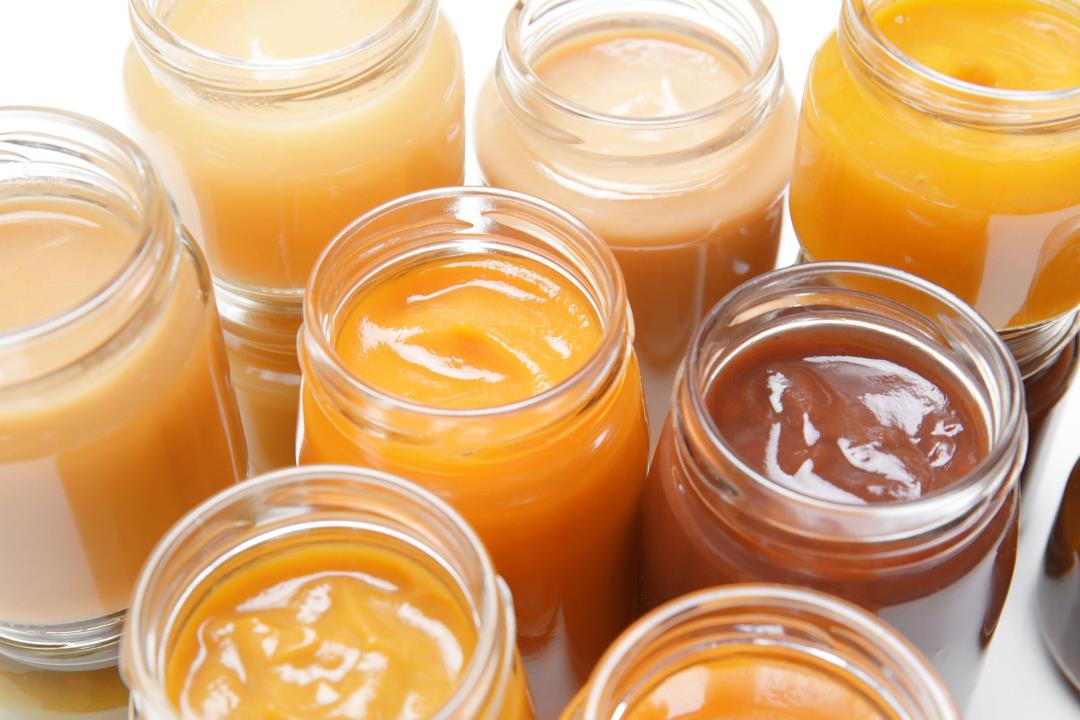 “And nutritionally, that’s always been the right thing to do to get the most micronutrients from the food you eat.”
“And nutritionally, that’s always been the right thing to do to get the most micronutrients from the food you eat.”
Heavy metals in baby food: how to feed babies safely?
Lead, mercury, cadmium, arsenic and other toxic substances have been found in some US brands of baby food. How they ended up there, what consequences the use of such products can lead to, and how safe baby food is on the shelves of Russian stores, Elena Miroshnik, head of the pediatric department No.
- Have you ever heard mothers complain about the products of these manufacturers and the quality of ready-made baby food?
Elena Miroshnik: Indeed, according to the report of the House of Representatives, hazardous substances were found in some brands. I am constantly faced with the question of what baby food is best for babies, which brands can be trusted, and whether the food is safe. What is the best way to feed a child - food that is packaged in jars, or what is cooked with your own hands.
- No complaints so far?
Elena Miroshnik: Complaints related to the content of heavy metals can only be received if the parents took the can of baby food to the laboratory and the analysis was carried out there. The content of these substances does not affect the taste in any way.
- The content of arsenic in some products is exceeded by 91 times, and cadmium and lead by 177 times. Is this even possible? What needs to be done with the products to get such numbers?
Elena Miroshnik: Hypothetically, this is possible. As a rule, this may be due to contamination of the soil in which certain products were grown. Most experts are inclined to think that such a situation occurred in the United States.
- Isn't the fruit used in baby food checked before preparation?
Elena Miroshnik: Normally, there must be strict quality control - all this goes through multi-level checks: laboratory control, organoleptic properties of the product are evaluated.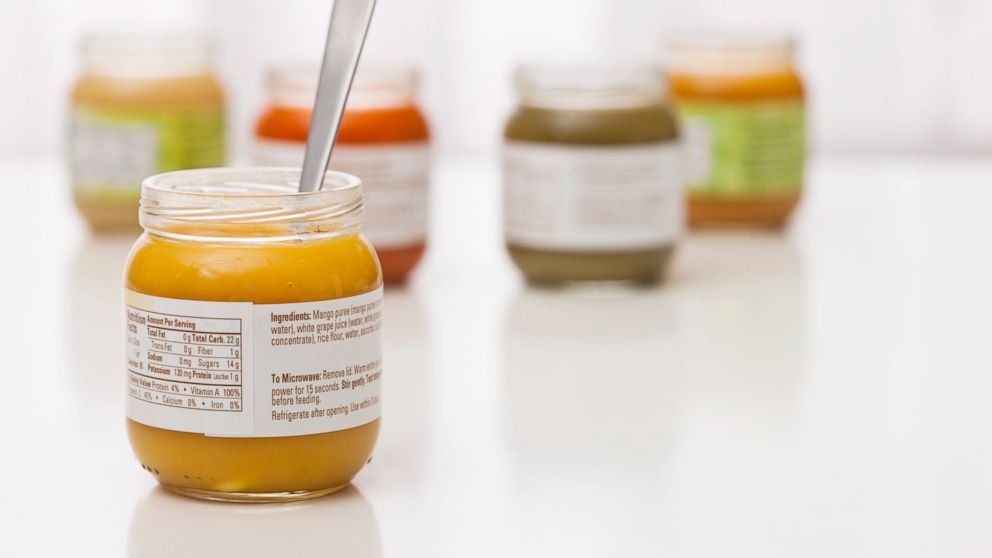 At what stage the failure occurred, it is difficult to say. But it must be mentioned that in 2019In the same year, a report from one of the organizations was also published, according to which the authors randomly took banks in supermarkets. 95% of the samples were found to be of poor quality. At some stages, failures occur. It is very difficult to say what stage it is - growing products, cooking. We are not immune from this, both in baby food and in any other.
At what stage the failure occurred, it is difficult to say. But it must be mentioned that in 2019In the same year, a report from one of the organizations was also published, according to which the authors randomly took banks in supermarkets. 95% of the samples were found to be of poor quality. At some stages, failures occur. It is very difficult to say what stage it is - growing products, cooking. We are not immune from this, both in baby food and in any other.
- Do imported and Russian baby food differ in quality?
Elena Miroshnik: The choice always remains with the parents, the reasons may be different: either people are simply sure that imported food is much better than Russian, someone is guided by the pricing policy. We, pediatricians, try never to give hard recommendations, not to impose our opinion. I believe that there are high-quality Russian-made products, and there are wonderful high-quality imported products.
- How could heavy metals affect children's health?
Elena Miroshnik: Multiple excess of heavy metals in food is indeed very dangerous, especially for children under two years old.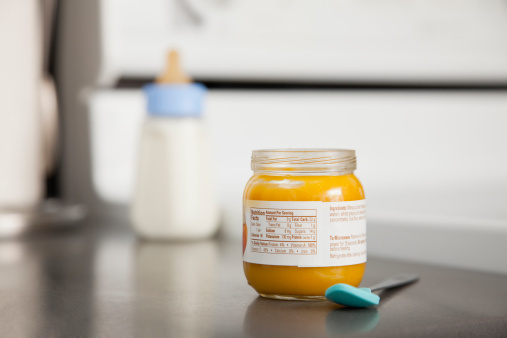 There can be very serious consequences, usually neurological disorders. There are reports that the gradual accumulation of heavy metals can lead to various pathologies up to autism, a decrease in the level of intelligence. They can also lead to oncological diseases, a decrease in the level of immunity, and allergies.
There can be very serious consequences, usually neurological disorders. There are reports that the gradual accumulation of heavy metals can lead to various pathologies up to autism, a decrease in the level of intelligence. They can also lead to oncological diseases, a decrease in the level of immunity, and allergies.
- Does the reaction to a high concentration of such substances appear immediately?
Elena Miroshnik: As a rule, such substances are dangerous because their excess is not immediately noticeable. This does not affect the properties of the product in any way, but they have a cumulative effect and have an unpleasant effect on health: the immune system, digestive organs, allergization.
- How often can a child be given food that is sold in a store in the Baby Food section?
Elena Miroshnik: Everything is also individual. As a rule, it depends on the preferences in the family. As part of everyday life, mothers often use ready-made products - it's convenient, fast.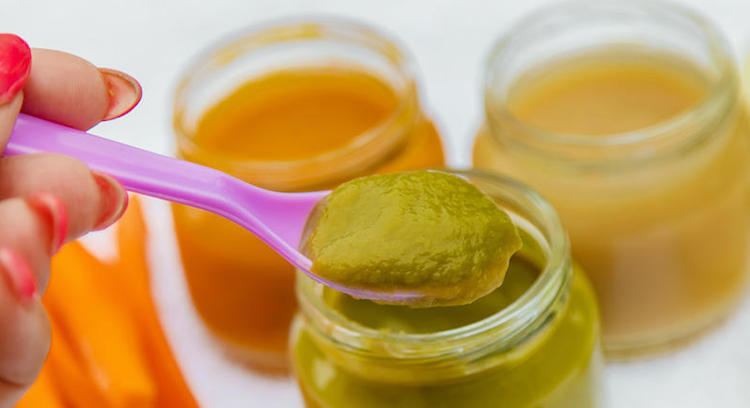 Is it helpful? Probably not always, although parents often turn to them about food allergies, food intolerances, and we understand that this is not entirely related to the product, but to some substances that this product is processed with.
Is it helpful? Probably not always, although parents often turn to them about food allergies, food intolerances, and we understand that this is not entirely related to the product, but to some substances that this product is processed with.
I always recommend that my patients look for trusted places to buy food for all family members.
- Is it possible to protect a child from dangerous substances from food in modern conditions?
Elena Miroshnik: In modern conditions, this is a difficult task, from the category of impossible, only if you constantly use the services of laboratories. Many people buy analyzers that measure the level of pesticides - all this makes some sense, but the main recommendation for parents is to look for proven places, buy products in stores, supermarkets, be sure to look at the expiration date. This does not always protect the consumer from buying low-quality goods, but it gives at least some kind of guarantee.
When it comes to preparing food for your child, where the food was bought is of great importance. Were these spontaneous markets or proven stores that have official status, documents and certain quality standards.
Were these spontaneous markets or proven stores that have official status, documents and certain quality standards.
Arsenic, lead and mercury found in popular baby food brands
https://ria.ru/20210205/pitanie-1596127725.html
Arsenic, lead and mercury found in popular baby food brands
Popular baby food brands found arsenic, lead and mercury - RIA Novosti, 05.02.2021
Arsenic, lead and mercury were found in popular brands of baby food
High levels of heavy toxic metals, including arsenic, lead, cadmium and mercury, were found in the baby food of some American... RIA Novosti, 05.02.2021
2021- 02-05T10: 41
2021-02-05T10: 41
2021-02-05T16: 38
in the world
USA
Health-Society
Walmart
9000/HTML/Head/Meta [ @name='og:title']/@content/html/head/meta[@name='og:description']/@content
MOSCOW, February 5 - RIA Novosti. High levels of heavy toxic metals, including arsenic, lead, cadmium and mercury, have been found in some U. S. baby formulas that can lead to neurological damage in children, according to a U.S. House of Representatives study. Economic and Consumer Policy Subcommittee experts examined the domestic documentation from Gerber, Nurture Inc, Hain Celestial Group Inc, Beech-Nutrition, who provided data on a voluntary basis in response to a subcommittee request. It was based on reports of the presence of metals a year earlier. Walmart, Campbell and Sprout Organic Foods refused to cooperate with the investigators. "The subcommittee investigation proves that commercial baby food contains dangerous levels of arsenic, lead, mercury and cadmium. "metals pose a serious health hazard to infants and toddlers. Manufacturers knowingly sell these products to unsuspecting parents, despite internal company standards and test results, and without any warning labels," the subcommittee on economic and consumer policy said in the text of the study. in the structure of the Committee on Oversight and Reform in the US House of Representatives.
S. baby formulas that can lead to neurological damage in children, according to a U.S. House of Representatives study. Economic and Consumer Policy Subcommittee experts examined the domestic documentation from Gerber, Nurture Inc, Hain Celestial Group Inc, Beech-Nutrition, who provided data on a voluntary basis in response to a subcommittee request. It was based on reports of the presence of metals a year earlier. Walmart, Campbell and Sprout Organic Foods refused to cooperate with the investigators. "The subcommittee investigation proves that commercial baby food contains dangerous levels of arsenic, lead, mercury and cadmium. "metals pose a serious health hazard to infants and toddlers. Manufacturers knowingly sell these products to unsuspecting parents, despite internal company standards and test results, and without any warning labels," the subcommittee on economic and consumer policy said in the text of the study. in the structure of the Committee on Oversight and Reform in the US House of Representatives. It is noted that exposure to toxic heavy metals leads to a "permanent decrease in IQ", as well as a decrease in "infant neurological development and long-term brain function." According to the US regulator and WHO, these four heavy metals are hazardous to human health, "especially for infants and children, who are most susceptible to their neutrotoxic effects."
It is noted that exposure to toxic heavy metals leads to a "permanent decrease in IQ", as well as a decrease in "infant neurological development and long-term brain function." According to the US regulator and WHO, these four heavy metals are hazardous to human health, "especially for infants and children, who are most susceptible to their neutrotoxic effects."
https://ria.ru/20200815/1575813258.html
https://radiosputnik.ria.ru/20210125/pitanie-159444892.html
US
96
7 495 645-6601
FSUE MIA "Russia Today"
https: //xn---c1acbl2abdlkab1og.xn-p1ai/AVARDS/
2021 9000 9000 9000 9000 RIA Novosti
1
5
4.7
96
7 495 645-6601
Rossiya Segodnya
https://xn--c1acbl2abdlkab1og.xn--p1ai/awards/
News -RU
https://ria.ru/docs/about/copyright.html
https://xn--c1acbl2abdlkab1og.xn--p1ai/
RIA Novosti
1
5
4.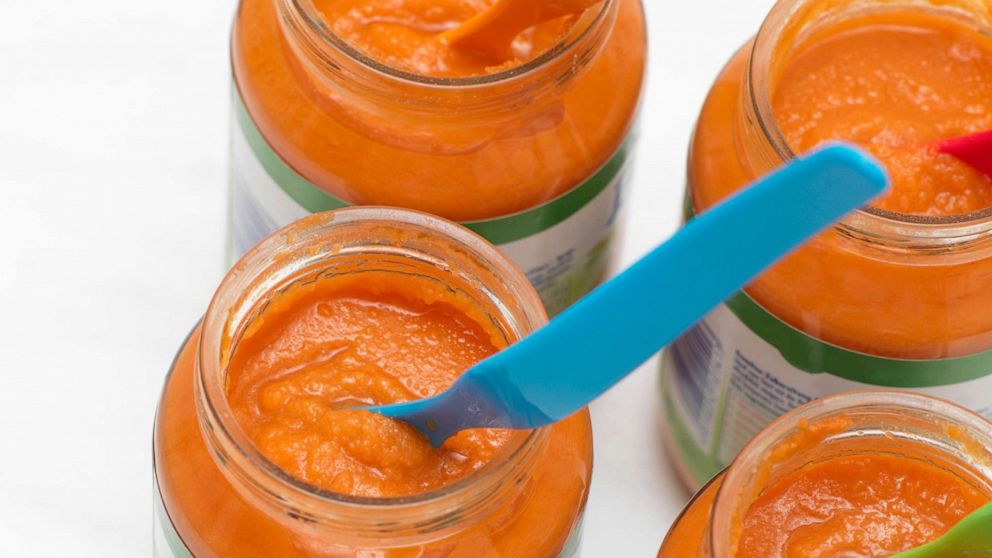 96
96
7 495 645-6601
Rossiya Segodnya 95 645-6601
Federal State Unitary Enterprise “Russia Today”
https: //xn---C1acbl2abdlkab1og.xn--p1ai/Awards/
RIA Novosti
1
4.7 9000 9000 9000
Internet- [email protected]
7 495 645-6601
Rossiya Segodnya
https://xn--c1acbl2abdlkab1og.xn--p1ai/awards/
in the world , walmart
Worldwide, USA, WHO, Health - Society, Walmart
MOSCOW, February 5 - RIA Novosti. High levels of heavy toxic metals, including arsenic, lead, cadmium and mercury, have been found in some US baby formulas that can lead to neurological damage in children, according to a US House of Representatives study.
Economic and Consumer Policy Subcommittee experts reviewed internal documentation from Gerber, Nurture Inc, Hain Celestial Group Inc, Beech-Nutrition, which provided data on a voluntary basis in response to a subcommittee request.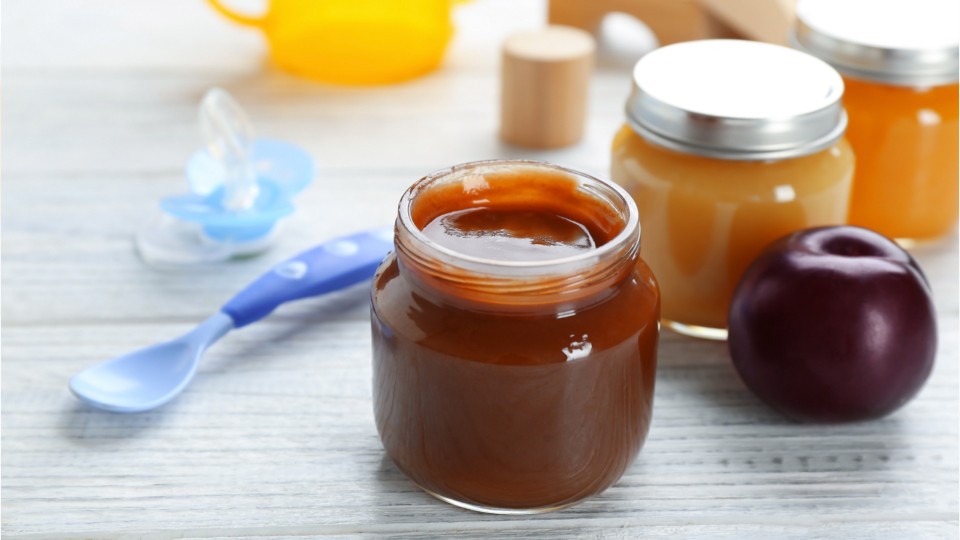 It was based on reports of the presence of metals that appeared a year earlier.
It was based on reports of the presence of metals that appeared a year earlier.
August 15, 2020, 02:05 AM
Sugar in baby food deemed dangerous for adults
Walmart, Campbell and Sprout Organic Foods refused to cooperate with the investigators.
"Subcommittee investigation finds that commercial baby food contains dangerous levels of arsenic, lead, mercury, and cadmium. These toxic heavy metals pose a serious health hazard to infants and toddlers. Manufacturers knowingly sell these products to unsuspecting parents despite internal company standards and test results, and without any warning label," the text of the study by the subcommittee on economic and consumer policy in the structure of the Committee on Oversight and Reform in the US House of Representatives says.
Exposure to toxic heavy metals has been reported to result in a "permanent decline in IQ" as well as a reduction in "infant neurological development and long-term brain function".